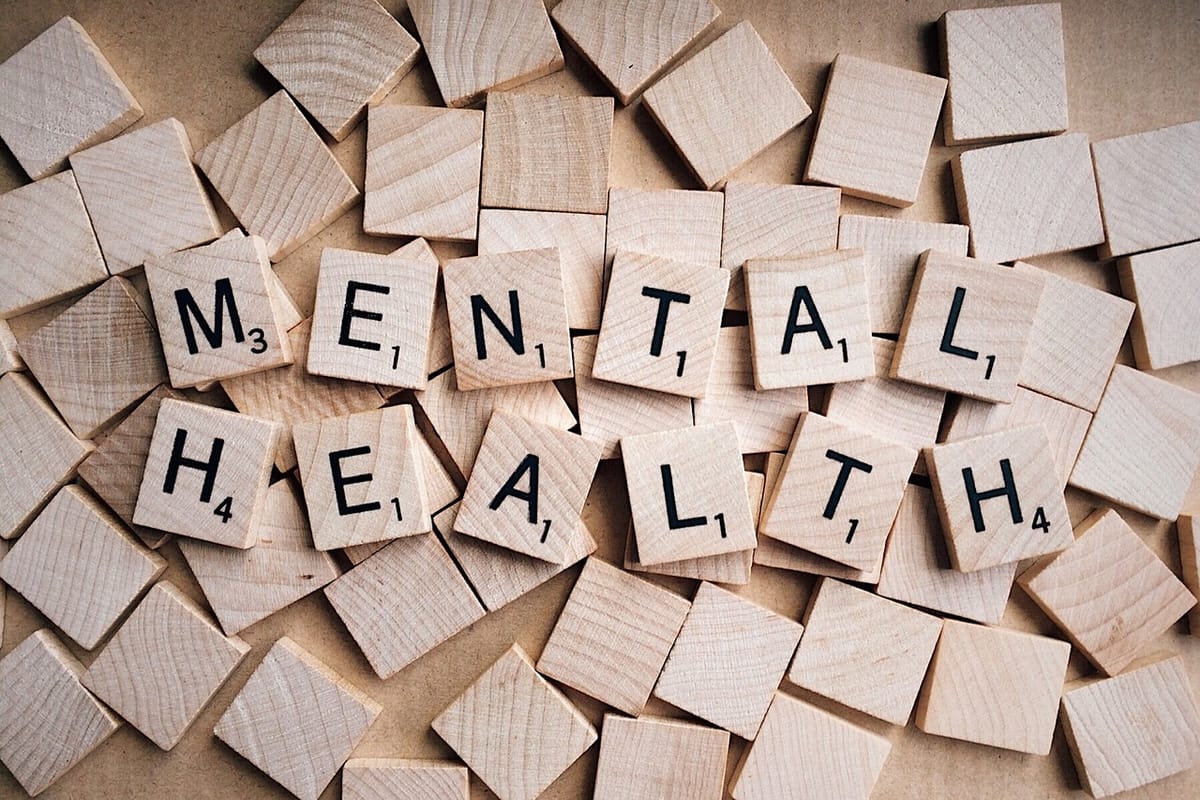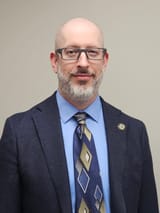Strength in Support
How EAPs and Peer Groups Empower 9-1-1 Dispatchers

Emphasizing the significance of maintaining good mental health in the 9-1-1 profession is not just crucial for personal well-being and job performance, but also a testament to the value and significance of the role. Dispatchers and emergency call-takers, the unseen heroes of critical incidents, are the first point of contact during moments of crisis. Their exposure to highly stressful and traumatic events makes it vital to prioritize mental health, underscoring the importance of their role in the profession.
The nature of the job means that dispatchers may experience Post-Traumatic Stress Disorder (PTSD) either from a single, particularly harrowing call or as a result of cumulative exposure over time. Years of handling emergencies, from life-threatening to heartbreaking tragedies, can take a significant toll. This mental and emotional strain can affect how dispatchers perform their duties and their overall well-being outside of work. Therefore, fostering a culture encouraging open discussion about mental health is essential.
One valuable resource available to those in the 9-1-1 profession is Employee Assistance Programs (EAP). These programs provide confidential support for employees dealing with a variety of personal or work-related issues, including stress, anxiety, depression, or trauma. EAPs can connect employees to professional counseling services, offering them a proactive and empowering space to process emotions and develop coping strategies. Accessing these services is not a sign of weakness, but a proactive step towards maintaining mental wellness and control over one's well-being.
In addition to EAPs, peer support groups offer another layer of mental health support. These groups provide a platform for dispatchers to connect with colleagues who understand the unique challenges of the job. Sharing experiences with others who have faced similar situations can be incredibly validating and comforting. Peer support creates a sense of community and solidarity, reminding dispatchers that they are not alone in their struggles. These conversations can also help normalize the act of seeking help, reducing the stigma that sometimes surrounds mental health discussions in high-stress professions.
Critical Incident Stress Debriefings (CISD) are another essential tool in supporting mental health. These debriefings are typically held after particularly traumatic events to allow those involved to express their emotions in a structured setting. CISDs provide an opportunity to process the incident with others who were involved, which can help prevent the accumulation of stress that might otherwise contribute to PTSD. By addressing the trauma early on, these debriefings are vital to long-term emotional health.
Leadership within the 9-1-1 profession plays a crucial role in promoting a mental wellness culture. It is not just essential, but a sign of true leadership, for leaders to actively support the use of EAPs, peer support groups, and CISDs, sending a clear message that seeking help is not only acceptable but encouraged. Leadership should remind employees that mental health support is not a luxury but a necessity in such a demanding line of work. The word "help" should not be viewed as one of those dreaded four-letter words but rather as a sign of strength and self-care, fostering a sense of support and understanding among the workforce.
Mental health is just as important as physical health in the 9-1-1 profession. Dispatchers can maintain their mental well-being and perform their jobs effectively by utilizing available resources such as EAPs, peer support groups, and critical incident stress debriefings. Leadership is responsible for encouraging a culture of support, emphasizing that asking for help is a normal and essential part of handling the job demands. By prioritizing mental health, the 9-1-1 profession can foster resilience, compassion, and longevity in its workforce.




